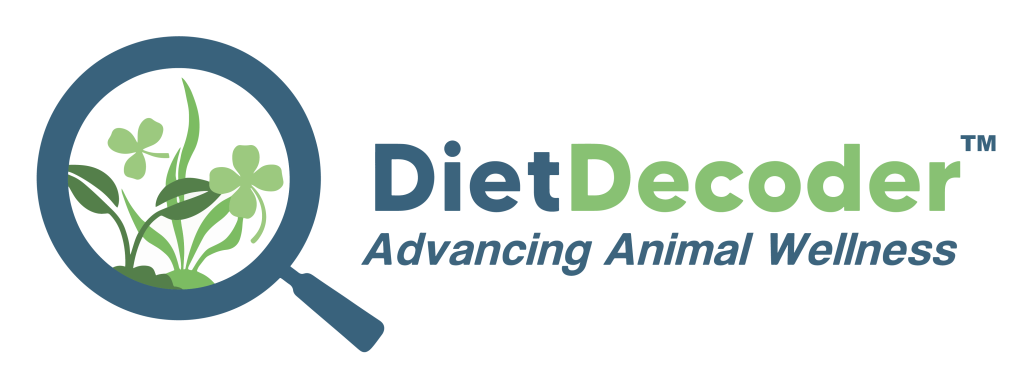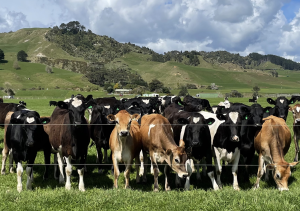“34% increase in number of grazing days and 38% decrease in average liveweight of lambs over three years with drench resistance.” (Beef + Lamb NZ, Nov 2021).
These are the results of a local Taranaki farmer dealing with the impact of drench resistance. Parasitologist Dave Leithwick says drenching is entrenched in the farmer psyche to control parasites and it’s become the go-to. This has resulted in an overuse of chemicals on-farm, to the point where every cattle farm would have some level of resistance to Cooperia. Parasite resistance is now the norm rather than the exception.
In the sheep sector alone it is estimated that undetected drench resistance is costing almost $50 million a year. Unfortunately, resistance on your farm will be occurring long before you start to see a problem.
2006 surveys showed that 94% of beef farms were resistant to at least one drench family and high levels of drench resistance to all drug families were present on Sheep farms. However, 15 years on farmers still use drenching as the go to management strategy. Frustrating? Yes.
Cooperia is inherently resistant to the “mectin” drenches. Furthermore, this worm we never used to worry about much, appears to be developing more of a disease-causing ability. Where once it didn’t cause production losses it certainly appears to be doing so now. Although there is the specific resistance risk of Cooperia there is also the more general development of resistance for other worms such as Ostertagia.
The current advice to slow or prevent the onset of drench resistance is to look after your susceptible worms. This concept is known as refugia. Adult animals are net removers of infective larvae on pastures. Yes, they harbor a small population but generally their immune systems kill or dramatically reduce reproduction of these worms. We can use adult stock to clean up pastures and provide susceptible worm eggs for the young to repopulate themselves. Therefore, if drenching of adult stock is still being practiced, we have no opportunity to allow this concept of refugia to operate and we are buying a one-way ticket to drench resistance.
Herds or flocks that are underweight, have less than adequate feed, are subject to high pasture contamination by infective larvae, and are subject to trace element deficiencies, will have larger numbers of poorer condition animals harboring greater numbers of internal parasites. So, it makes sense that giving such animals a drench will assist recovery and a production response can be expected.
However, if your adult herd or flock has any more than about 10% of animals in this class then the whole herd/flock has fundamental nutritional issues. It’s these issues that need to be addressed if you want to improve the performance of your herd/flock.
Whole system farm management options for all stock classes include:
- Carrying out a full faecal egg count reduction test to determine resistance risk
- Addressing underlying nutritional deficiencies
- Diversifying pasture swards
- Practicing refugia
- Minimising drenching of adult stock
- Managing stock classes to reduce risk
Knowing that parasite resistance is now the norm rather than the exception we’ve got a chance to reset and make a new plan for growing this year’s crop of youngstock. Using all these options to manage what is a naturally occurring phenomenon will give you the best chance of minimizing the impact of drench resistance and growing your youngstock successfully.


